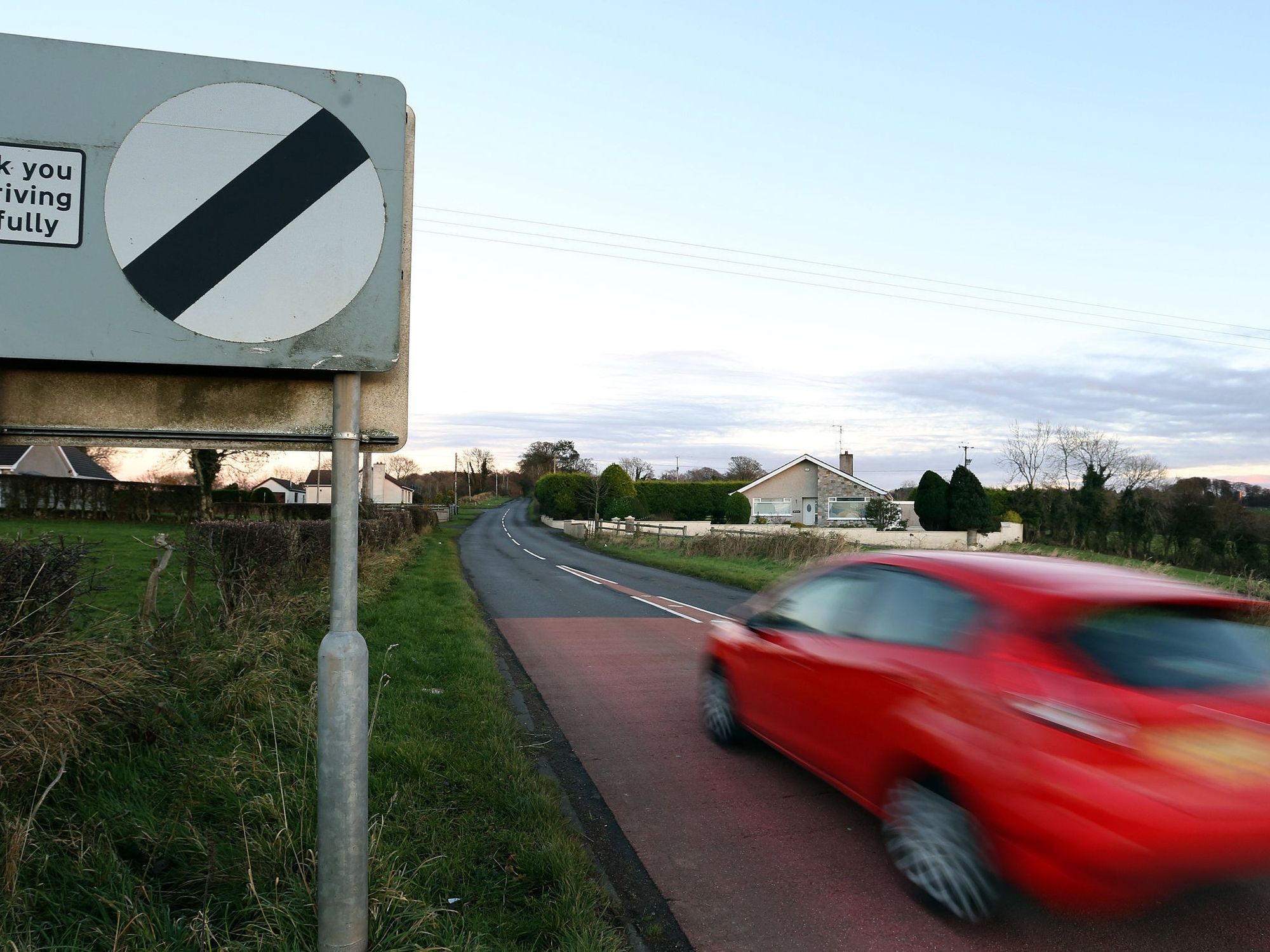New cars fail major safety test on UK roads as drivers risk £2,500 penalty for 'critical' issues
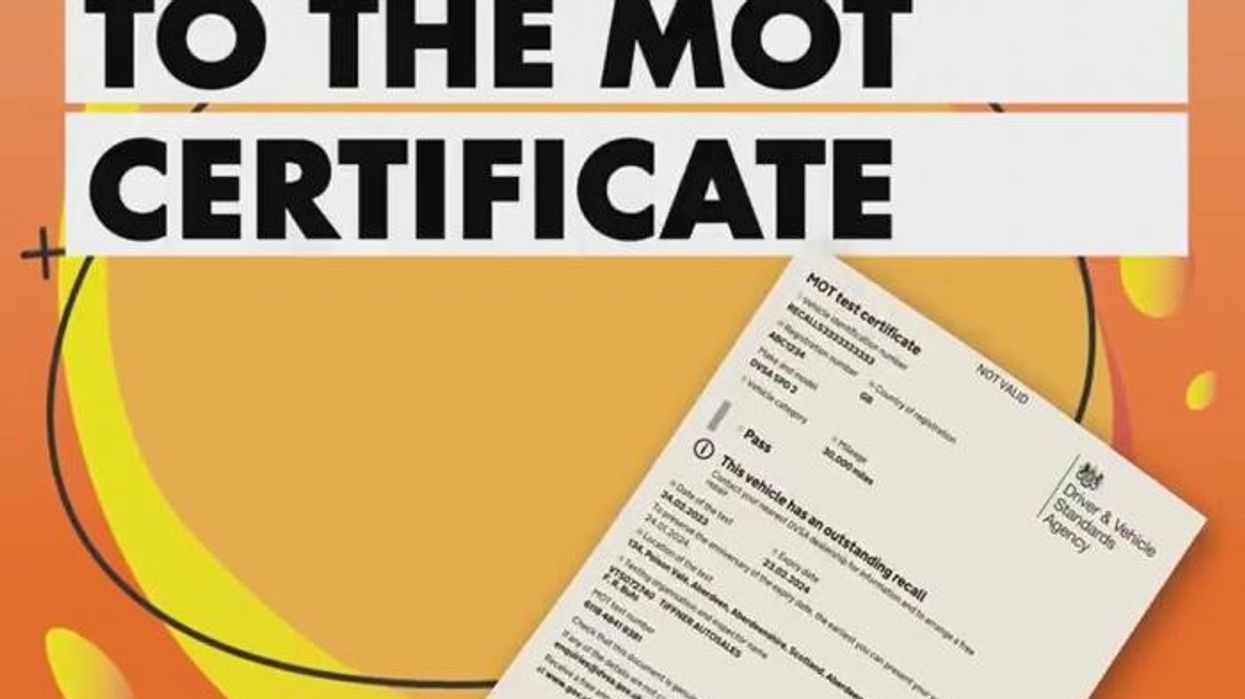
WATCH: DVSA outlines vehicle recall changes to MOT certificates
|GB NEWS

Drivers of newer vehicles were recorded as being more likely to fail MOT tests than older models
Don't Miss
Most Read
Latest
A huge number of new vehicles are more likely to fail their MOT test the first time around, sparking growing concerns about road safety in the UK.
It follows recent research that found almost 20 per cent of vehicles younger than five years old failed to meet the minimum requirements to pass their MOT on the first test.
The findings have now dismissed the belief that newer vehicles are less prone to mechanical issues, and instead, suggested that drivers of newer cars may be more likely to neglect routine checks, which could lead to avoidable failures.
**ARE YOU READING THIS ON OUR APP? DOWNLOAD NOW FOR THE BEST GB NEWS EXPERIENCE**
MOT tests are conducted annually and check that cars, light commercial vehicles and motorcycles over three years old continue to meet UK road safety and environmental standards.
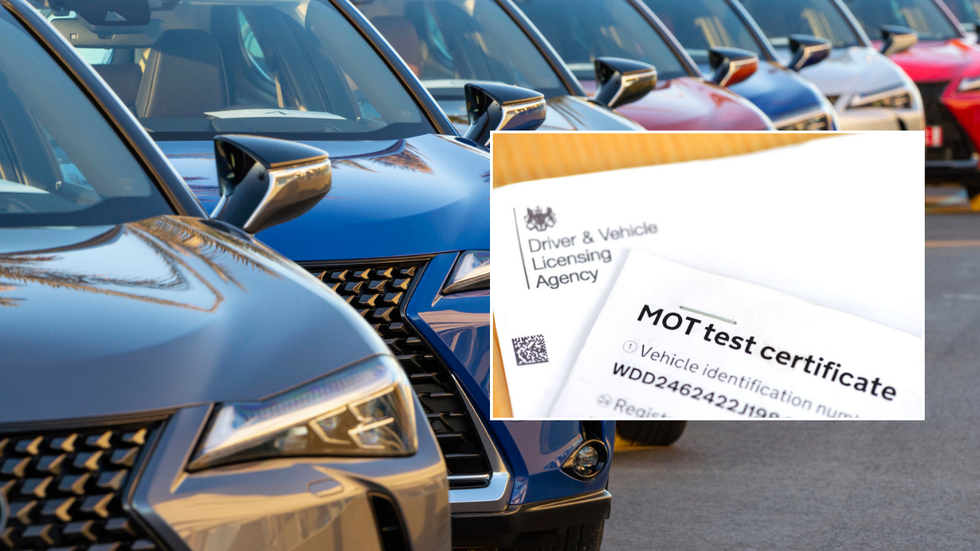
Drivers need to have an MOT test annually to ensure their vehicle remains in a roadworthy condition
|GETTY
Vehicles that fail to meet MOT requirements and continue to be on UK roads, drivers can be slapped with hefty fines, which include a fine of up to £1,000, or up to £2,500 if the vehicle failed the MOT due to a dangerous fault.
Drivers can also receive three penalty points and face a driving ban in more serious cases, as well as increased fines for repeat offences.
While there has been a growing number of new vehicles failing their MOT, the report found that older vehicles showed a higher failure rate of 31 per cent for those aged between six and 10 years.
This moved sharply up to 50 per cent for vehicles between 11 and 15 years, and 53 per cent for vehicles between 16 and 20 years old.
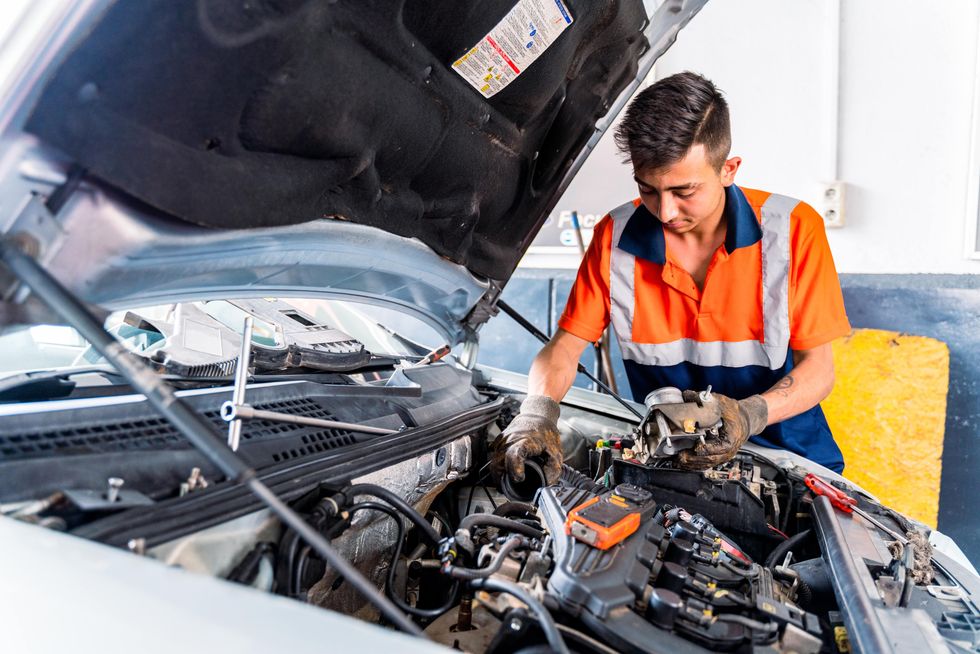
Cars less than five years old were found to be more likely to fail their MOT
| GETTYCraig Sprigmore, Retail Director UK and Ireland, HiQ Tyres & Autocare, said: "Our findings suggest a worrying level of complacency when it comes to the maintenance of newer vehicles, with many drivers mistakenly assuming that age alone guarantees roadworthiness.
"Sadly, that is not always the case. An MOT failure often points to there being critical safety issues with vehicles and can result in costly repairs and the need for a re-test."
He explained that many of the most common reasons for MOT failure, such as worn tyres, faulty lamps or problems with wipers and washers, "can be avoided entirely with routine maintenance checks".
Mr Sprigmore warned that this oversight has caused "unexpectedly" high numbers of MOT failures among relatively young vehicles, "which should, in theory, be among the safest on the road".
LATEST DEVELOPMENTS:
The findings follow HiQ's previous research into regional MOT trends, which highlighted several regional differences in MOT pass rates.
More surprisingly, the study found that half of all surveyed 20-year-old vehicles passed their MOT first time. Vehicles aged between 21 and 24 years achieved a first-time pass rate of 53 per cent, seriously outperforming some younger categories.
"What is really noticeable is that some of the oldest vehicles in our study performed better than expected, simply because they may have been better maintained," Mr Sprigmore stated.
He suggested that "diligent maintenance" can keep vehicles in "very good shape" and on the road for longer, regardless of their age.
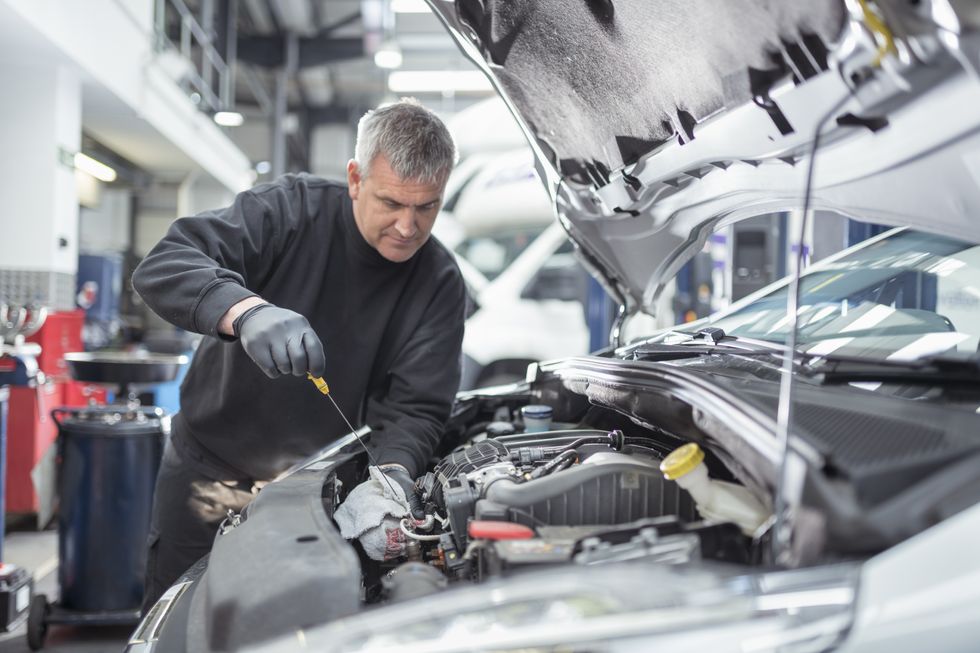 Drivers can be issued a driving ban for MOT failures and hefty penalties | GETTY
Drivers can be issued a driving ban for MOT failures and hefty penalties | GETTYMr Sprigmore added: "At HiQ, we’re dedicated to providing customers with the best possible care for their vehicles. We want to remind drivers that we offer free vehicle safety checks at our autocare centres nationwide, helping drivers to stay ahead of any issues before they become serious problems and may lead to failing an MOT test.
"Regular vehicle maintenance is essential regardless of age, and complacency is not an option when it comes to road safety."
He said the organisation "strongly encourages" drivers to keep up with routine car servicing to avoid having MOT problems.
Drivers should also take advantage of free safety checks, which can help identify potential issues early and reduce the risk of MOT failure.










